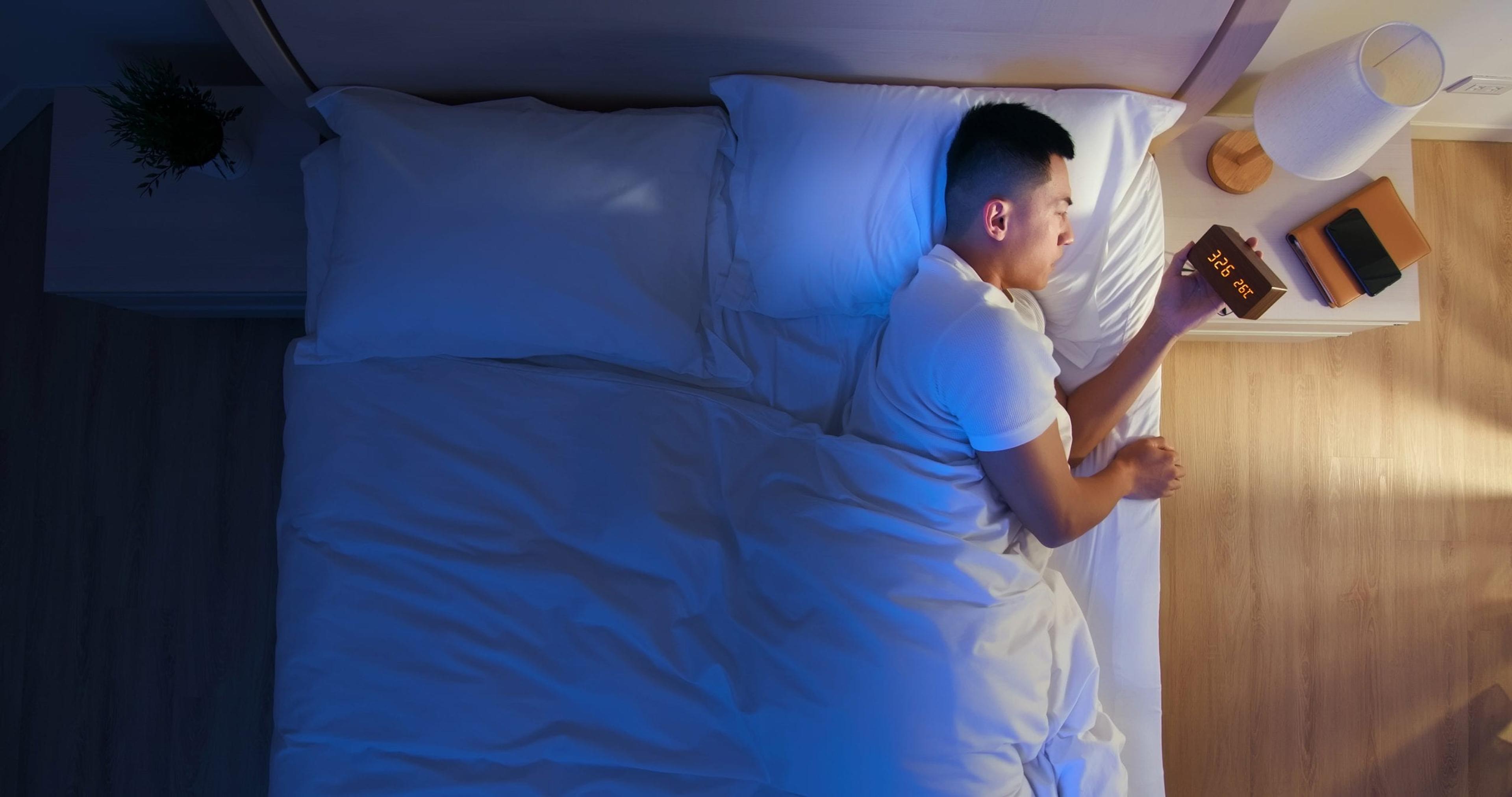How Alcohol Impairs the Sleep Cycle

Blues Perspectives
| 2 min read

Though having a drink at night can make you drowsy and help you fall to sleep, it won’t help you stay asleep. Did you know that research has shown alcohol can disrupt your sleep patterns throughout the night as the liver enzymes break down alcohol? One to two drinks have minimal effects on sleep, while more than that can cause bigger problems. Experts advise you should stop drinking at least four hours before going to sleep. Here are some ways alcohol can impair your sleep cycle:
REM Sleep
Alcohol reduces rapid eye movement (REM) sleep, which happens about 90 minutes after we fall asleep and when we start dreaming. If your REM sleep is disrupted, you may be drowsier in the daytime and have poor concentration.
Breathing
Alcohol can slow your breathing, relax the muscles of your throat and contribute to snoring. Moderate to heavy drinking can cause obstructive sleep apnea – even in people who don’t have the condition. Sleep apnea is a disorder in which breathing stops and starts. For people who do have sleep apnea, drinking makes their sleep apnea worse.
Alcohol dependence
Regularly using alcohol as a sleep aid could lead to alcohol dependence. Instead of using alcohol as a sleep aid, prepare yourself for a good night’s sleep by following these tips:
- Put away electronics and screens
- Go to bed and wake up at the same time each day, even on weekends
- Start a bedtime routine like taking a warm shower or reading a book
- Keep your food intake light before going to sleep and stop drinking caffeine hours in advance
Talk to your doctor if you continue to have difficulties falling asleep, or if you’re concerned about your alcohol use. More from MIBluesPerspectives.com:
Read on:
- CEO: Balduck Park Improvements Key to Detroit Neighborhood Revitalization
- Syphilis Cases in Michigan Are Surging. Here’s Why.
- Is There an Optimal Time to Work Out?
Photo credit: Getty Images





